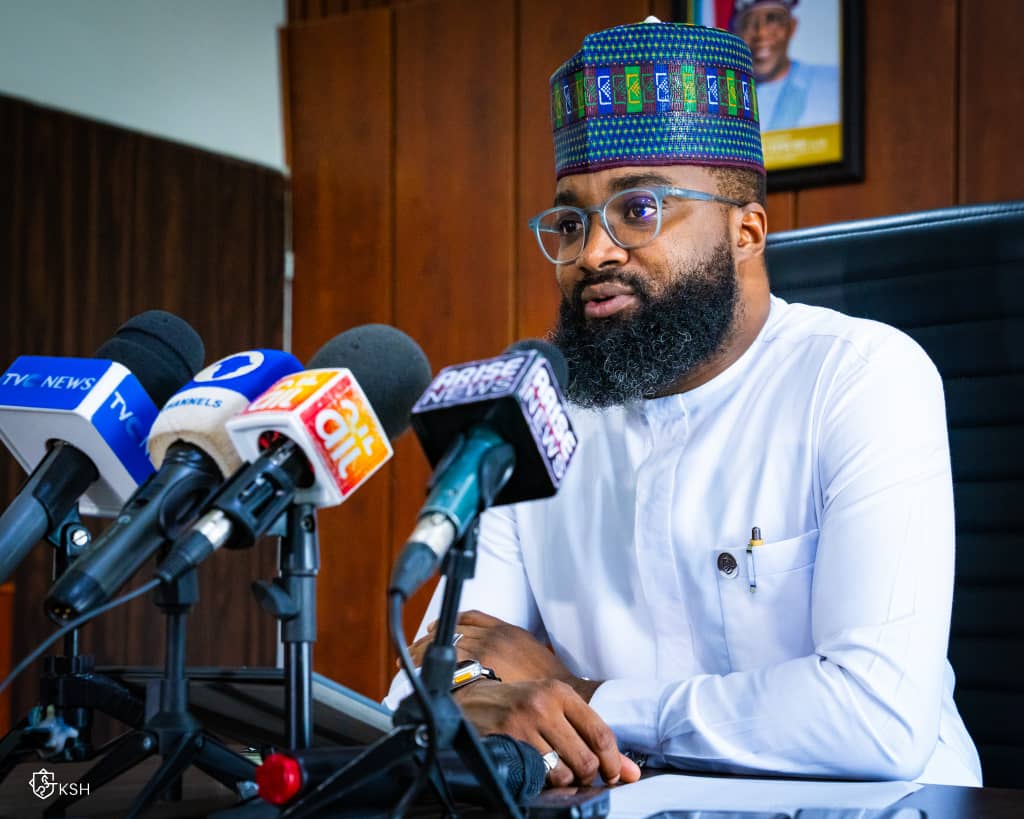…Says only 1 in 20 Nigerian engineers is female
From Adanna Nnamani, Abuja
The Federal Government , on Friday, launched an initiative called; “Developing Engineering Leaders through HER” project, (DELT-HER) to close the gender gap in the country’s engineering fields within the next five years.
Executive Vice Chairman of the National Agency for Science and Engineering Infrastructure (NASENI), Khalil Halilu, explained that DELT-HER serves as a platform for girls and young women to pitch and showcase their innovative and revolutionary engineering ideas, with the possibility of receiving funding from NASENI through its Presidential Implementation Committee on Technology Transfer (PICTT).
Speaking during the unveiling ceremony of the project at the agency’s headquarters in Abuja, Halilu noted that that the launch date was intentionally chosen to coincide with the 2024 International Women’s Day.
He said: “What we seek to do is close the gender gap in engineering, inspire the next generation, provide financing support for new ideas and projects, and ultimately strengthen the entire engineering ecosystem.”
The EVC further noted that globally, female representation in engineering stands at 28 percent, just slightly above one in four. In Nigeria, this figure drops to a mere five percent, meaning only one in 20 engineers in the country is a woman.
”As you might be aware, women make up half of the population of Nigeria. What this should ideally mean is that women should make up half of all professional spaces in the country. Ideally. But this is far from the reality.” He stated.
Halilu said it was worth noting that in December 2023, the Nigerian Society of Engineers (NSE) made history by electing its first female President, Mrs. Margaret Oguntala.
“She happens to be the 34th President of the NSE – which means all previous 33 Presidents have been men. This gives one an idea of the starkness of the gender imbalance in the sector:
“It is this imbalance that DELT-HER seeks to correct, by focusing attention and funding on young women, and very importantly, creating and cultivating public awareness around the need to train and mentor more women into the engineering professions.
“This awareness component of the work is one that we will take very seriously, working through schools, and storytelling campaigns.
“We intend to, through DELT-HER, double the number of female engineers in Nigeria over the next five years. This will mean working extensively at the level of secondary education, which is where young girls make the vital decisions regarding choice of professional field.
“It may also be possible to inspire more women to consider studying engineering as a second degree, like we see more commonly in the legal and medical fields. We hope that through our support, we can make the much needed difference.
“Very importantly, we want to contribute to the economic growth and development of Nigeria. DELT-HER will create jobs and help develop technical skills and capabilities. And we hope that every additional woman engineer that is emerging can become a role model for another set of women.” He added.

